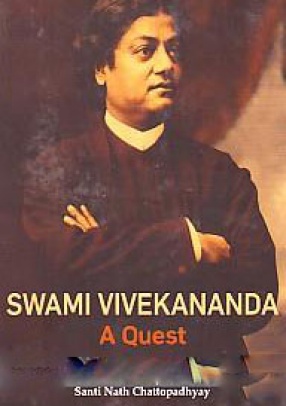
Renaissance Publishers Pvt. Ltd.

Showing all 16 books

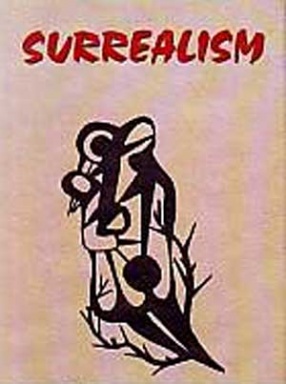



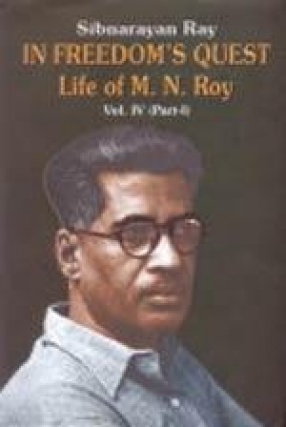

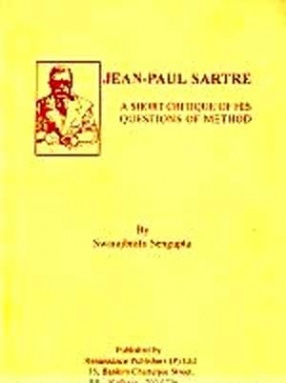

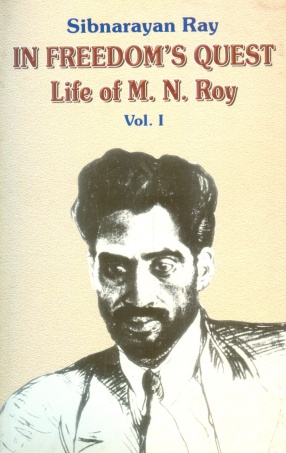
M.N. Roy (1887-1954) was a unique figure of the 20th century who took a leading part in revolutionary movements in four continents. Having joined the underground revolutionary movement in Bengal at the age of eighteen he tried with others to organize an armed insurrection against the British during the first world war. When this attempt failed he went in search of arms to Indonesia, Japan, Korea, China and the United States and eventually landed in Mexico. ...

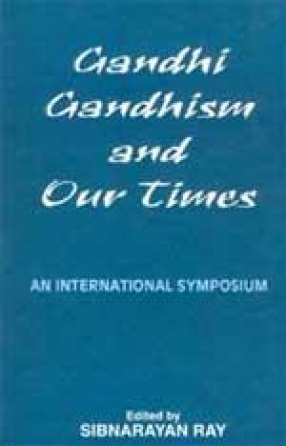


In the already published first two volumes (1998 ; 2002) of this masterly and authoritative biography Professor Ray had traced in great detail. M.N. Roy's extraordinary career from his early life as a revolutionary nationalist to his middle period when he founded the Communist Parties of Mexico and of India (in exile) and rose to be the most outstanding non-Caucasian leader of the Communist International. The second volume closed with an in-depth study of Roy's ...

The role of women both in public and private life has always been a controversial issue. Woman has been seen from different angles in different ages, and treated accordingly. History bears evidence of women participating actively in politics, making or breaking nations. Yet, the role of woman in the socio-economic structure of the society has remained marginalized over the decades. It is only very recently that this specific issue has been taken up in earnest in ...
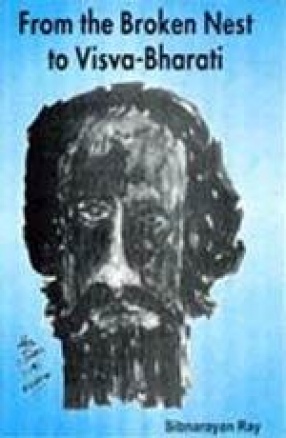
Rabindranath Tagore, the greatest figure of the Indian renaissance, was in his life and works the finest embodiment of the humanist ideal of I’uomo universale, the universal man. Many were the spheres of creativity which he brought within his domain and in which he excelled. He left for his countrymen and the world a cultural heritage which in its inexhaustible reachness of meaning continues, even sixty years after his death, to invite fresh explorations and ...

Rabindranath’s Nationalism was first published in 1917 and Manabendranath’s in 1942. The perspectives or the ways of regarding nationalism were, naturally, more or less different, though they stood on a common gound of all-pervading philosophy of human progress. Rabindranath’s ideas and views had great concern and anguish for warring nations of Asia and Europe. He was troubled and tormented if and when haughty and powerful nations did encroach upon the ...

Vithal Mahadeo Tarkunde (1909-2004) Born in Saswad (Maharashtra) on July 3, 1909 V.M. Tarkunde migrated to Pune and joined the famous New English School, founded by Tilak and Agarkar. He had a brilliant group of students like S.M. Joshi, R.K. Khadilkar and D.P. Shikhare as his classmates and N.G. Gore as his schoolmate. All of them were inspired by the movement for independence led by Gandhiji during their school days. Tarkunde had a brilliant academic career. ...



In the three earlier volumes of this definitive biography (Vol. I, 1998; II, 2002; III, 2005) Professor Ray had presented in ample and carefully checked detail the first three successive phases in the phenomenal career of M.N. Roy as a revolutionary and a theorist of revolution up to 1939. Drawing upon previously unexplored archival sources preserved in public and private collections at Kolkata and New Delhi, Stanford and New York, Mexico and Moscow, Berlin, ...
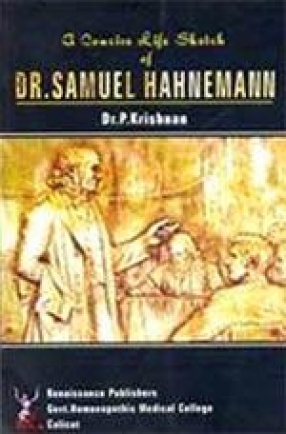
A Handbook sketching Hahnemann`s life and Homoeopathic principle with description about the culture, philosophy, science and medicine prevalent in the 18th century. It`s one of immense utility for the lovers of Homoeopathy, enthusiastic readers of the subject, the comman mass, students and research workers. The book holds 13 chapters which are simple and brief in construction and can be read at a stretch without any interference of technical terms. Such a treaty ...
